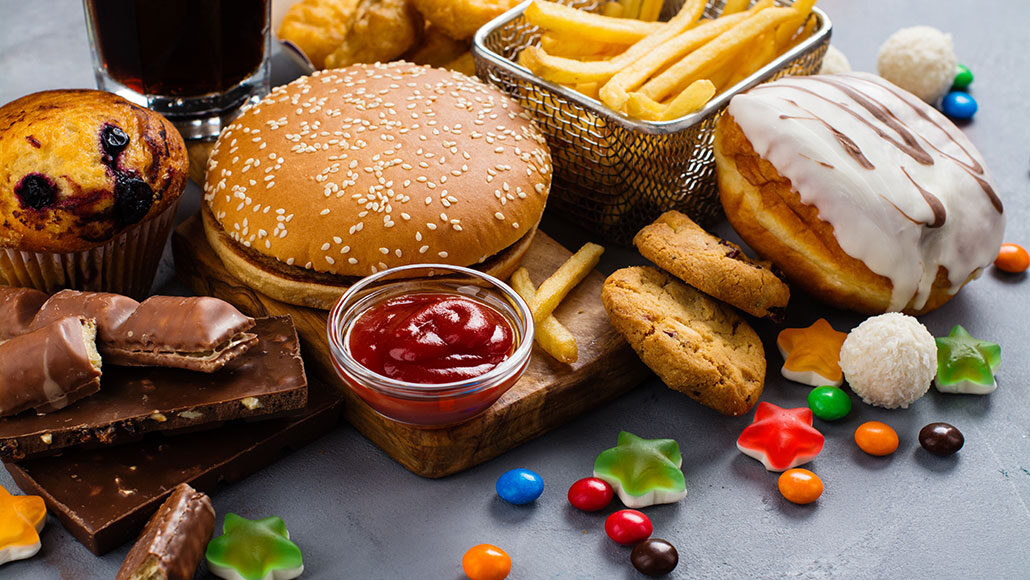Questions for “Warning! Junk foods can harm a teen’s brain”

Adolescent brains have a hard time resisting junk food. Researchers now are showing that high-fat and high-sugar diets — such as burgers, fries and sweets — can lead to disturbing changes in mental health.
happy_lark/iStock/Getty Images Plus